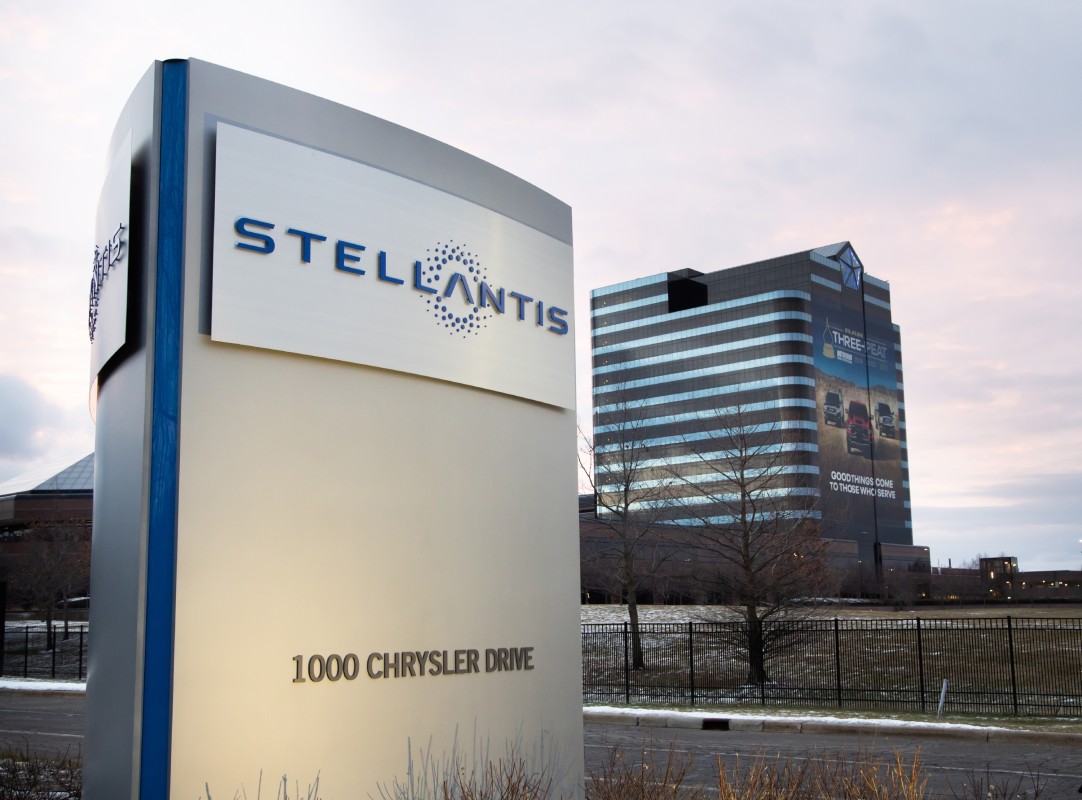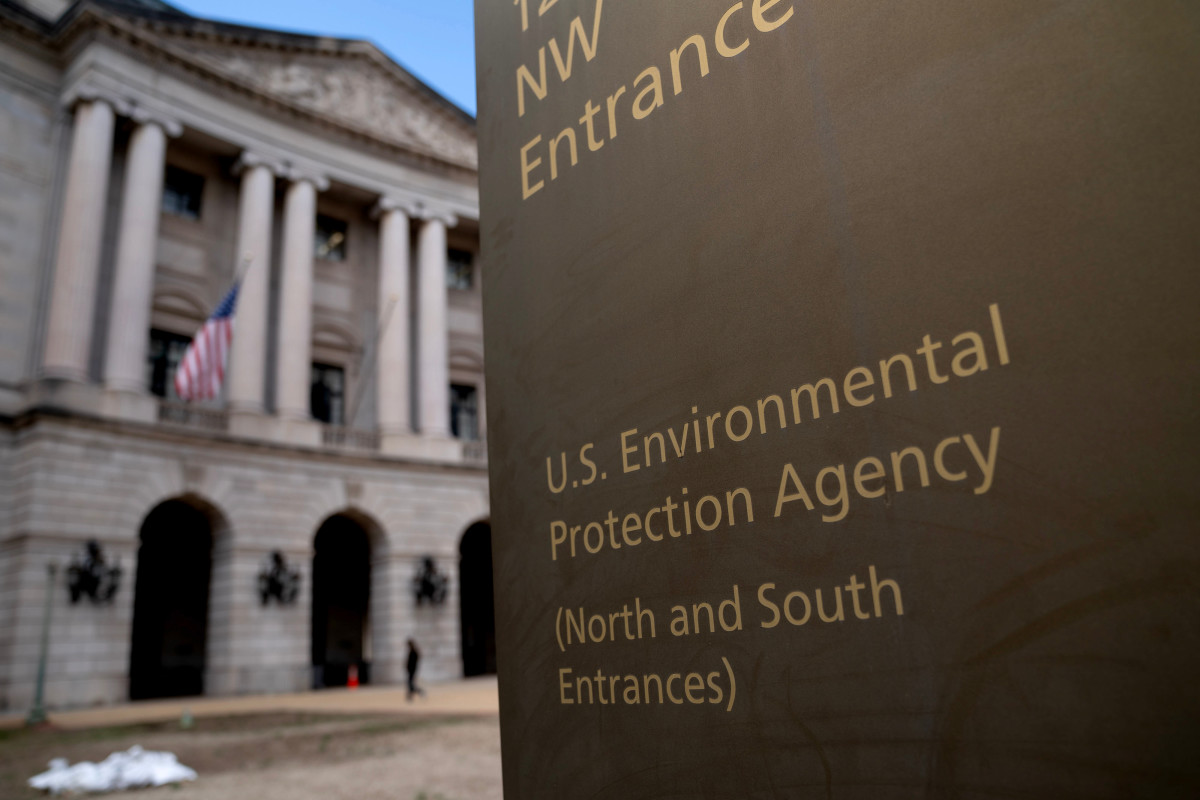Revving Up CAFE Regulations: What’s the Deal?

There’s plenty of buzz surrounding the recent proposal by Senate Republicans to scrap penalties for automakers that don’t hit the mark with Corporate Average Fuel Economy (CAFE) standards. Now, these standards have been in play since 1975, initially charging a penalty of $5 for every 0.1 miles per gallon (mpg) that fell short of the target, multiplied by the number of vehicles sold stateside. Fast forward to today, and that fine has cranked up to $14 per 0.1 mpg. Clearly, this is no small potato for the big players in the auto industry.
Impact on Automakers

Take Stellantis, for instance. This automaker has been cutting some hefty checks thanks to these penalties, coughing up $156.6 million for the 2016 and 2017 models, and then a staggering $235.5 million for the 2018 and 2019 models. During the 2019 to 2020 period, Stellantis was hit again, this time to the tune of $190.7 million. Meanwhile, General Motors wasn’t far behind, with payments of $128.2 million for their 2016 and 2017 vehicles. Looking at the projections, if these regulations remain untouched, General Motors, Ford, and Stellantis might collectively face more than $10 billion in fines from 2027 to 2032 under the Biden administration’s stricter guidelines. The original ideas behind CAFE is to push for better fuel efficiency, but it’s the automakers’ bottom lines that are really feeling the squeeze.
Emissions Standards in the Limelight
The discussions don’t just stop at fuel economy. There are talks to loosen emissions requirements as well, and end the $7,500 electric vehicle (EV) tax credit. This would also mean an annual $250 fee for EV registration and bidding adieu to EV battery production tax credits come 2028. Tesla, for instance, made about $2.8 billion last year helping other automakers get their emissions ducks in a row through the sale of regulatory credits — mostly because California’s regulations are so stringent. Rolling back these standards could save automakers around $200 million.
Fine Tuning Legislation
The Transportation Department is weighing in too, suggesting that the previous administration put its foot too heavy on the pedal by assuming a rapid EV adoption rate. They suggest easing up on the CAFE standards. The idea was to crank up the annual fuel economy by 2% for cars and 4% for trucks between 2027 and 2031. Now, the talk is about keeping that all modest with a 2% increase across the board from 2029 to 2031. Ultimately, legislation might just give the CAFE penalties the boot entirely. But the Environmental Protection Agency (EPA) has its own set of penalties, some running as high as $45,268 per non-compliant vehicle or engine.
The Road Ahead
This whole hornet’s nest of legislative changes could have a monumental impact on how quickly EVs become the norm in the U.S. Automakers stand to gain from shedding those immediate regulatory costs, potentially making vehicles more affordable and manufacturing a whole lot simpler. The rhetoric here suggests that initially, all these regulations had the unintended effect of bulking up new car prices and impacting safety. Easing these standards might mean lower costs and more freedom for consumers to pick the cars they really want.
Overall, this debate isn’t just a numbers game. It’s about finding a balance between regulatory intentions, economic realities, and environmental responsibilities. The auto industry is cruising toward a transformative era, and the way these rules shake out will pave the road they drive on.
Speeding Teen's Job Rush
2024 Mustang Reloaded
Tesla Stumbles in EU
Aston's Track Titan
Mibot Hits US Streets